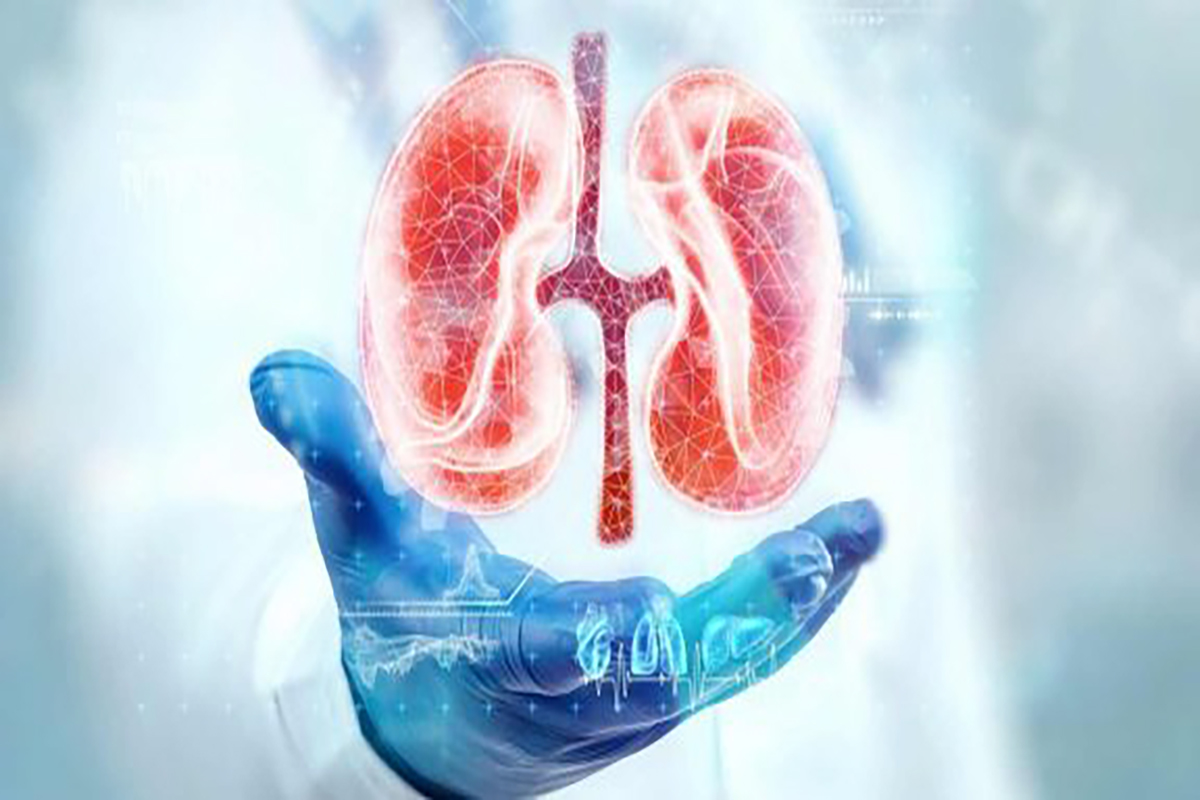
Rheumatoid Arthritis in Women: Unique Challenges and Treatment Considerations
By Dr. Shallu Verma in Rheumatology
May 23, 2024
Rheumatoid arthritis (RA) is an autoimmune condition impacting millions globally. Although it can affect any gender, women are three times more prone to developing RA than men. This article delves into the distinctive hurdles encountered by women with rheumatoid arthritis, along with tailored treatment approaches for this demographic.
Hormonal Factors:
Hormonal factors, particularly estrogen, play a significant role in the development and progression of RA in women. Estrogen is believed to have both pro-inflammatory and anti-inflammatory effects, and fluctuations in estrogen levels during different life stages can impact the immune system and joint health. Women often experience changes in RA symptoms during pregnancy, with many experiencing improvement during the second and third trimesters. However, postpartum flares are also common.
Impact on Reproductive Health:
RA can pose challenges to women’s reproductive health. Fertility issues, pregnancy complications, and the impact of medications on pregnancy and breastfeeding are important considerations. Women with RA should work closely with their healthcare providers to manage their condition and make informed decisions regarding family planning.
Unique Challenges in Daily Life:
Women with RA often face unique challenges in their daily lives due to the physical and emotional impact of the disease. Joint pain, stiffness, and fatigue can affect their ability to perform household tasks, care for children, and engage in social activities. The unpredictable nature of RA flares can lead to increased stress and emotional burden. It is important for women to seek support from healthcare professionals, support groups, and loved ones to manage these challenges effectively.
Treatment Considerations:
Medication Options: When considering medications for RA management in women, healthcare providers must take into account potential risks during conception, pregnancy, and breastfeeding. Certain medications, such as nonsteroidal anti-inflammatory drugs (NSAIDs), may be used cautiously during pregnancy, while others, like methotrexate, are generally avoided due to potential risks to the developing fetus.
Family Planning: Women with RA should discuss their family planning goals with their rheumatologist. In some cases, medication adjustments or alternative treatments may be recommended before conception to optimize disease control during pregnancy.
Menopause: The onset of menopause can impact RA symptoms, as hormonal changes may influence disease activity. Women experiencing menopausal symptoms should communicate with their healthcare providers to explore options for symptom management and RA treatment adjustments if necessary.
Bone Health: Women with RA, especially those using glucocorticoids, are at an increased risk of osteoporosis. Adequate calcium and vitamin D intake, weight-bearing exercises, and bone density screenings are essential for maintaining bone health.
Mental Health Support: Women with RA may experience higher rates of depression and anxiety. Incorporating mental health support, such as counselling or cognitive-behavioural therapy, into the overall treatment plan is crucial to address the emotional impact of the disease.







